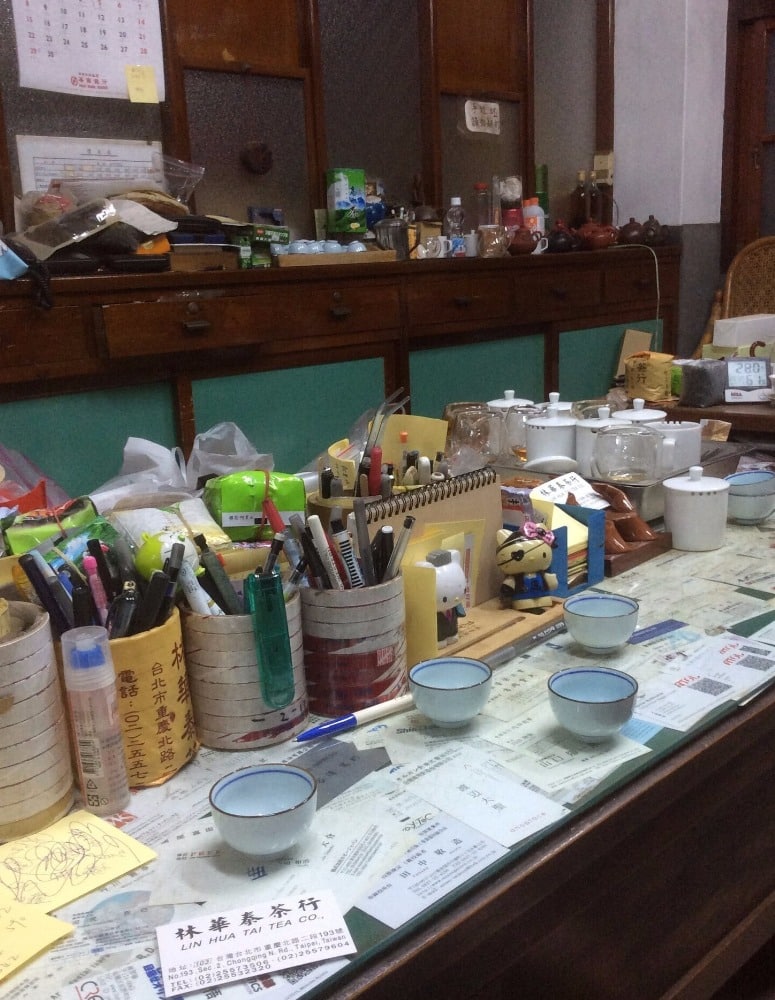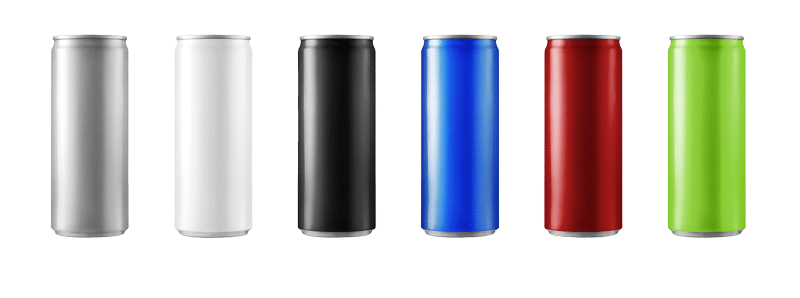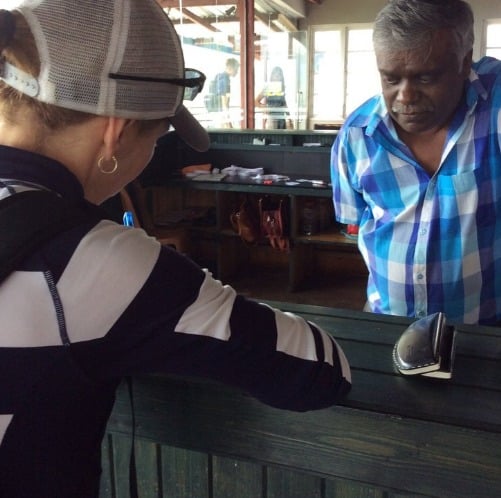The professional tea taster’s job is not only about sipping different teas to analyze attributes but also to understand all the aspects of the tea trade from planting and taking care of the tea bushes to getting to the supermarket and finally into your cup.
Following is an exhaustive list of the tasks of a professional tea taster
-
Travels to tea estate
-
Deal with tea traders
-
Establish a list of different suppliers
-
Buys tea
-
Categorize and classify teas
-
In charge of quality assurance and control
-
Present weekly market report
-
Works on new product development

Tea tasting at Lin Hua Tai – the oldest tea shop in Taipei dating from 1883
The tea taster – one of the most important roles in the industry.
Why? Because the tea bush (aka – Camellia sinensis) is a natural crop and is subject to elements that can affect the yield and taste of each batch produced. The amount of precipitation, drought, geographic area, changes in the soil in which they are grown, processes they go through in their production, contamination or damage during entrepot time and transport, are some of the factors that are responsible for the taste and the quality of the tea (2). If one harvest in a specific area is not good, the tea taster has the ability to change the recipe and substitute the unwanted tea with another without compromising the taste and the consistency of the final product. Established tea companies rely on their tasting and blending skills to ensure that the product they offer to their faithful customers will always taste the same.
“The role of the tea taster is so important that some of them even get their taste buds insured for millions of dollars. The qualified individual should then abstain from smoking tobacco, drinking alcohol and eating strong and spicy food.”
Becoming a professional tea taster
Tea taster programs are available in India but candidates usually get trained on the job. It takes up to five years to train a palate that can identify, blindfoldly, the origin and blend of each sample. The taster is expected not only to detect the country of production, but the region as well (1). During the course of a day, a tea taster can sample up to a 1000 different teas. For each one of them, he will analyze the appearance of the dry leaves, the colour of the infusion, the aroma of (dry and infused liquor).
Professional tea tasting is normally done without any additives but for tea companies that deal with the UK, milk is added to determine if tea mixes well with it. The tea taster is also responsible along with the tea blender, to create a consistent flavour and ensure that the company’s brand remains constant. Each blend has its own recipe which can contain up to 35 different teas.


